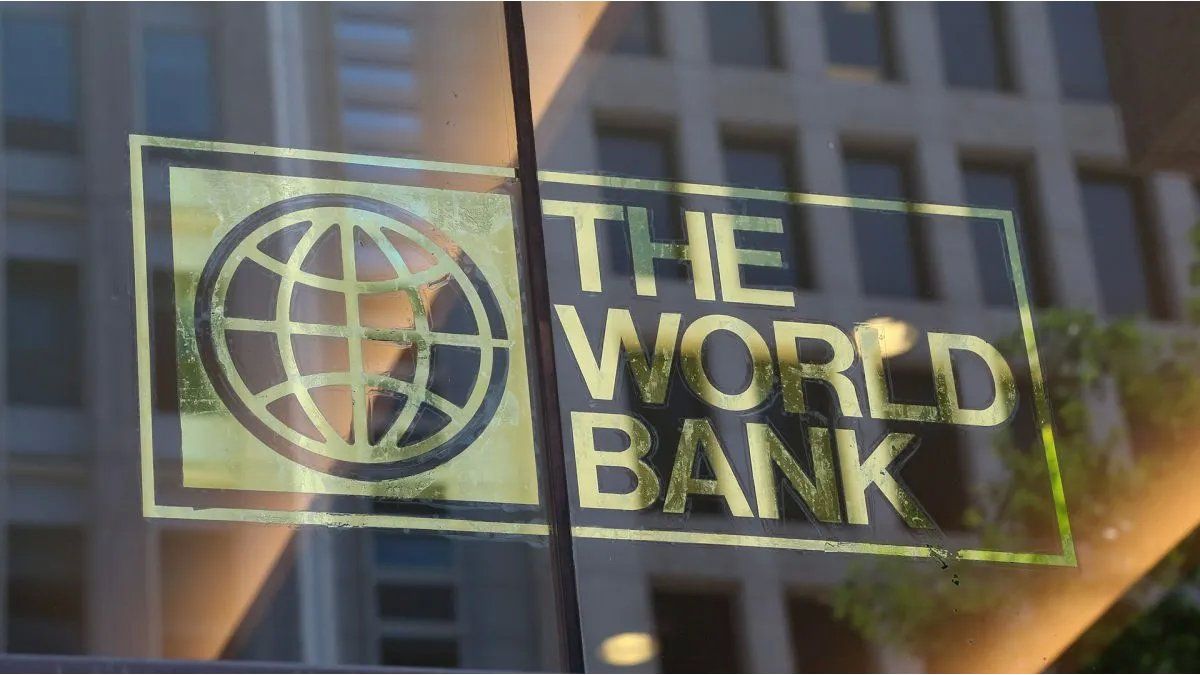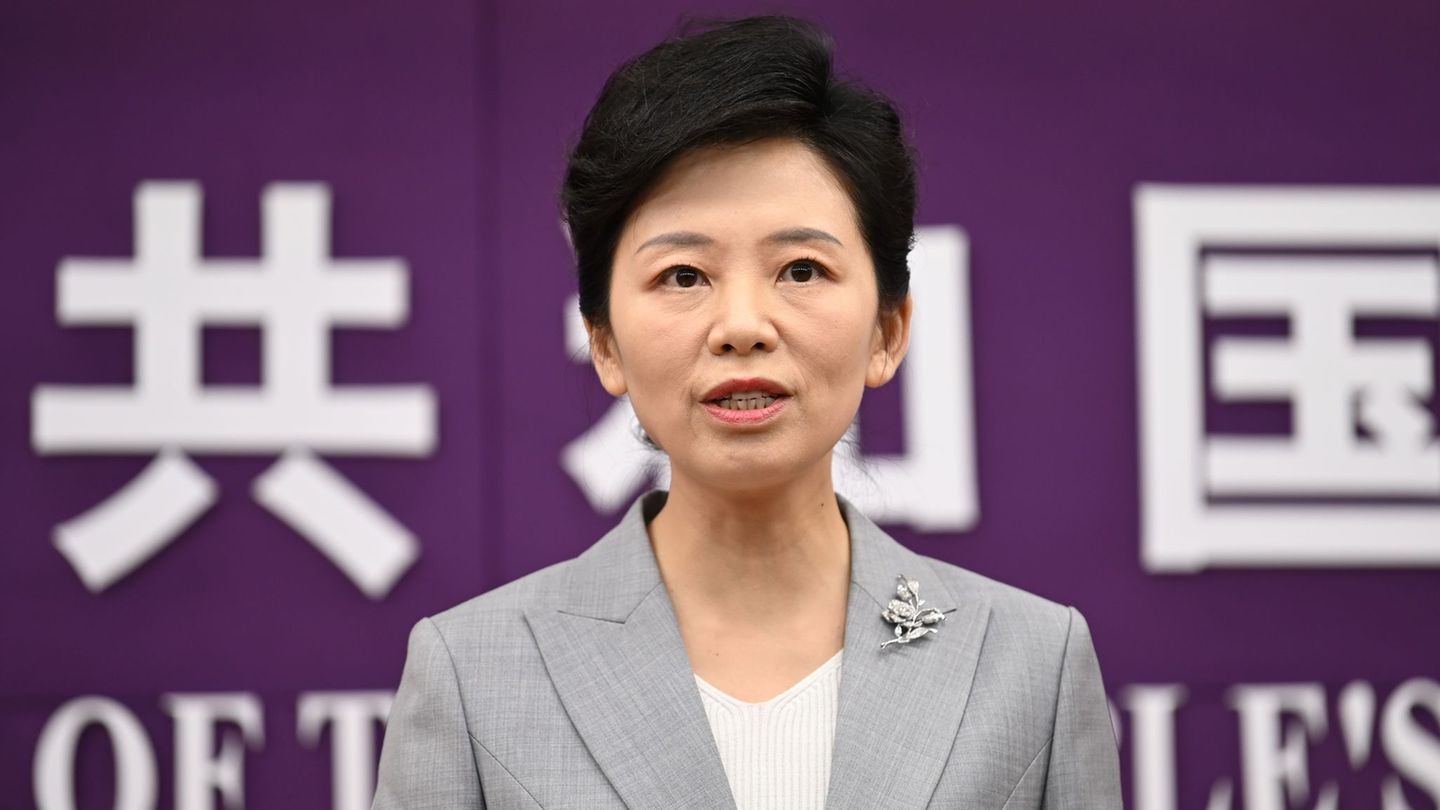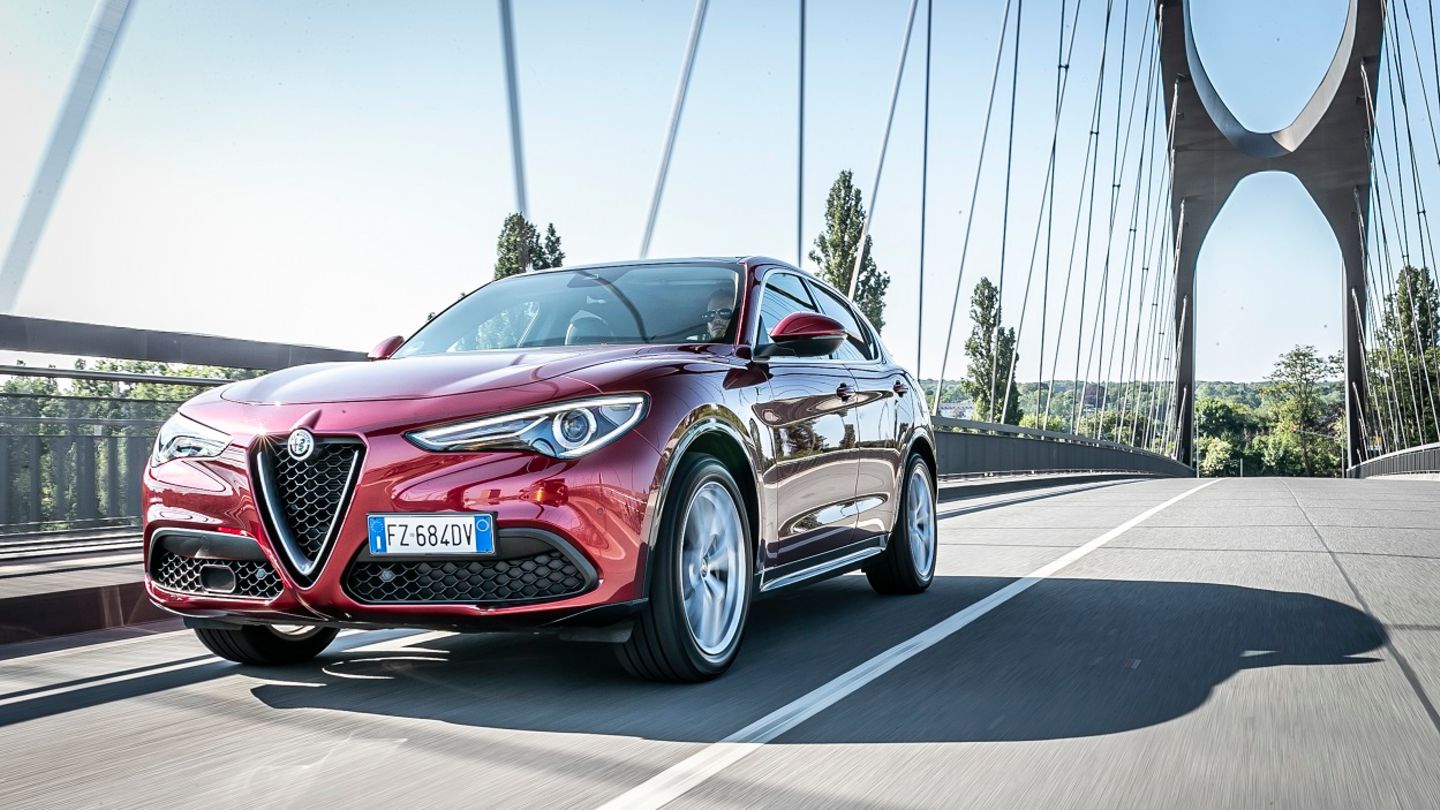He World Bank announced this Tuesday that it approved a loan of US$1,000 million to the Argentine governmentin order to continue supporting ”social” rates in electricity and transportation.
The total money will be divided in half, where the first will correspond to the “support for the sustainability and equity of public transportation”. In this way, the social rate in transport can be guaranteed, which offers a 55% discount on the rate in 61 locations in the country where the Single Electronic Ticket System (SUBE) card is available. Retirees and beneficiaries of social benefits are the main ones reached.
The remaining US$500 million are aimed at ”support for the transition to a sustainable electricity sector”. They explained that they will be used in the Registry of Access to Energy Subsidies (RASE)which manages energy subsidies, and will facilitate “the creation of new mechanisms to collect information available in other registries”. According to the World Bank, “the subsidy scheme is expected to be more efficient and (…) reduce electricity consumption.”
Both projects are variable margin loans, repayable in 32 years and have a grace period of 7 years.
Javier Milei met with the president of the World Bank
President Javier Milei held a bilateral meeting on Monday with the head of the World Bank, the Indian-American, Ajay Bangawithin the framework of the G20 leaders’ summit taking place in Rio de Janeiro, Brazil.
The meeting was also attended by the Secretary General of the Presidency, Karina Milei; the Minister of Economy, Luis Caputo and the Secretary of Finance, Pablo Quirno.
Milei detailed to Banga Argentina’s progress in economic matters. According to official sources, this week they could register progress in relation to the loans for US$2,000 million that the World Bank agreed with Argentina in October, as the organization promptly announced.
That amount is divided into four different projects. Two of them, confirmed this Tuesday, refer to transportation subsidies and rationalization of electricity rates, for a total of US$500 million each.
Subsequently, projects within the scope of the Federal Commitment to Literacy and the National Literacy Plan and also the nutrition program to help mothers in the first thousand days of their child’s life will also be presented to the board.
It was the last meeting of the first day of the event, which will continue with a reception for all the heads of state, headed by the host president, Inácio Lula da Silva.
During this first day and despite to the comings and goings, the Argentine Government joined the proposal of Lula da Silva to join the Global Alliance against Hunger and Poverty. The tension remained until the last moment because President Javier Milei arrived at the G20 summit in Rio de Janeiro with a position totally opposed to the plan, to which all the countries participating in the summit adhered.
Against the initial forecast, the Government finally signed and joined the Global Alliance Against Hungerto which 82 countries, two regional blocs (the European Union, the African Union), 24 international organizations and 9 international financial institutions (including the World Bank) and 31 philanthropic organizations, including the Rockefeller and Bill foundations, joined & Melinda Gates, according to the final document published by Brasilia.
Source: Ambito




